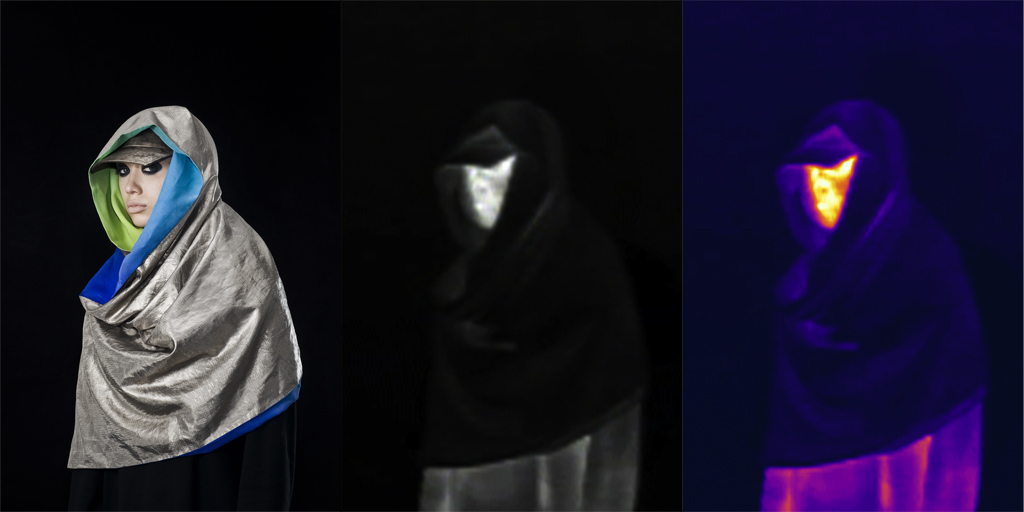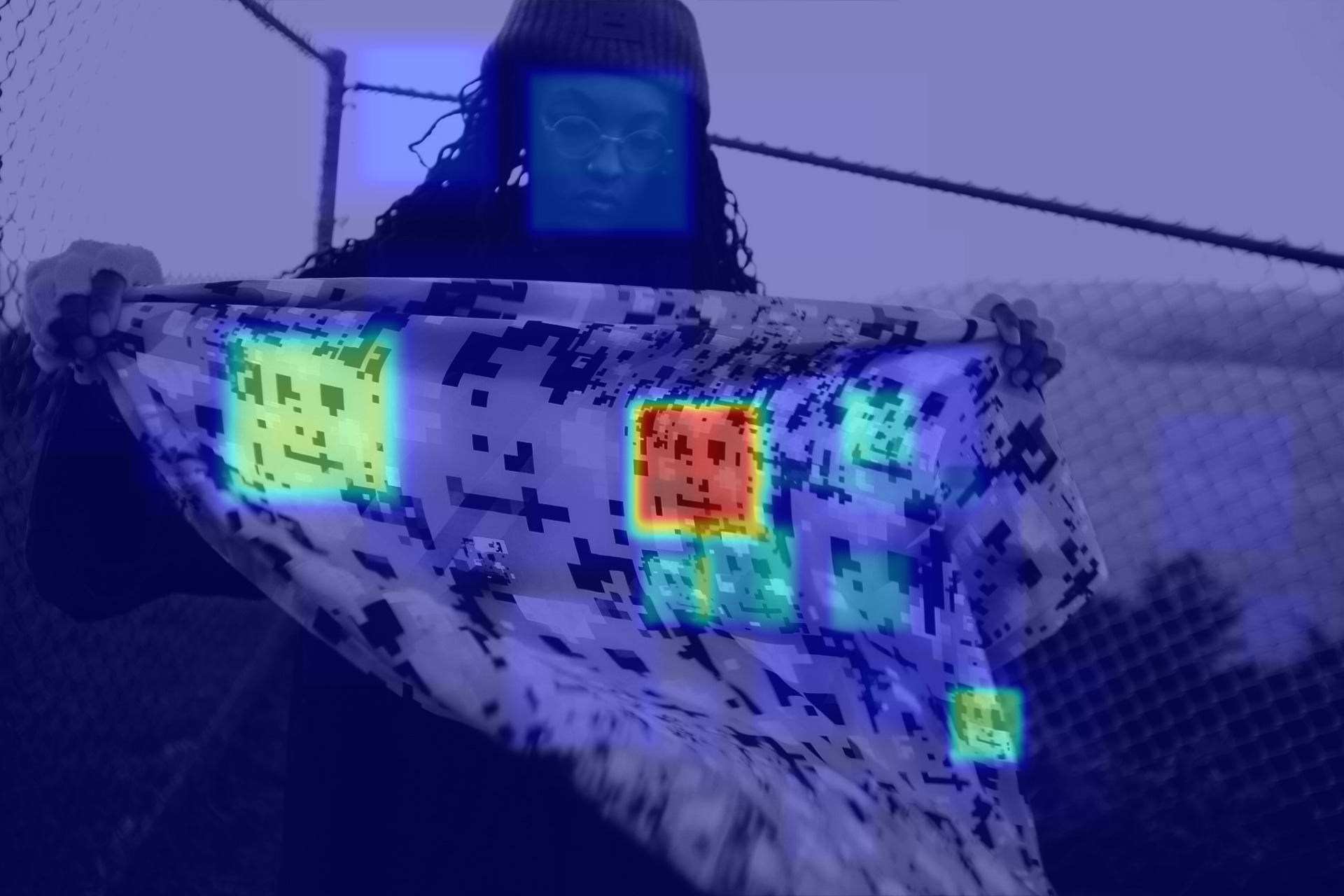Lesson 6: Anti-Surveillance Fabrics – From Sci-Fi to Real Life
Lesson 6: Anti-Surveillance Fabrics – From Sci-Fi to Real Life
"How Clothes Can Block AI & Why It’s Not Just Sci-Fi"
🔍 What’s the Problem?
AI-powered surveillance isn’t just about faces—it’s also about what you wear.
✔ AI cameras scan clothes for textures, patterns, & branding.
✔ Some fabrics reflect IR light, making the wearer “invisible” to surveillance cameras.
✔ Military & tech companies are already developing stealth clothing.
🔹 Why does this matter?
- Governments and companies are rolling out AI clothing recognition tools for public surveillance.
- Your outfit can be a tracking tool—if you always wear the same jacket, AI can follow you even if your face is hidden.
- Online: Virtual worlds are experimenting with digital fashion that changes AI visibility.
🤯 AI Privacy Fail Example
📌 Amazon’s AI Once Banned People for Wearing the Wrong Shirt
- Amazon’s facial recognition software once mistakenly flagged warehouse workers as unauthorized employees.
- The reason? They were wearing similar outfits to someone who had been previously flagged.
🔗 Read the full report: Amazon AI Surveillance in Workplaces
🛠 How AI-Resistant Fabrics Work
1️⃣ Reflective & IR-Blocking Fabrics
✔ AI cameras use infrared (IR) & heat-based tracking—certain materials block these.
✔ How to mess with it:
✅ Wear reflective fabric that bounces IR light.
✅ Use heat-masking textiles to disrupt body-tracking AI.
✅ Look for clothing designed to resist AI surveillance.
⚠️ What NOT to do:
❌ Regular shiny clothes don’t work—AI can still see you in normal light.
🔗 Example: STEALTH WEAR
2️⃣ Adversarial Textiles: Prints That Confuse AI
✔ AI reads patterns & textures—some prints trick it into seeing fake objects.
✔ How to mess with it:
✅ Hyperface patterns (fabric with fake "faces" printed on it).
✅ Randomized noise & asymmetrical designs to throw off recognition.
✅ Camouflage patterns that blend into digital environments.
🔗 Example: Hyperface Prints to Trick Facial Recognition
👉 Hyperface Project – AI-Fooling Fashion
🔥 AI Myths: Does This Work?
🚫 “Shiny clothes make me invisible.” ❌ Nope! AI still sees you in regular light.
🚫 “AI can’t track what I wear.” ❌ Wrong! It IDs logos, colors, & styles.
✅ “Special fabrics can block IR tracking.” ✅ Yes! But they don’t work in every light condition.
⚡ Quick Takeaways
✔ AI reads fabrics, colors, and patterns—changing these can disrupt tracking.
✔ Reflective & IR-blocking textiles can mess with AI cameras.
✔ Web3 & virtual outfits can also be recognized by AI—change them often.
🛠 Try This Experiment
📌 Wear reflective material in a low-light area—does AI-powered Face ID still work?
📌 Try an AI-tagging tool (like Google Lens) on different patterned fabrics—does it identify them?
💬 Drop your results in the Privacy Academy chat!
🎭 What’s Next?
👉 Lesson 7: AI vs. Accessories – Bags, Earrings & Small Objects
👁 Final Thought:
AI tracking isn’t just about faces—it’s about clothing too. By tweaking patterns, materials, and even metaverse outfits, you control how much AI recognizes you.
Next up: How small accessories can disrupt AI!



